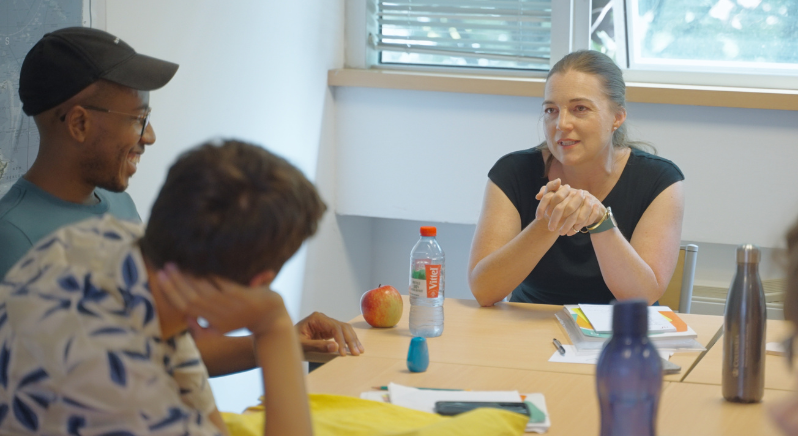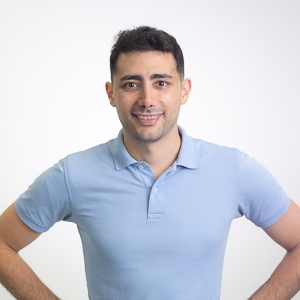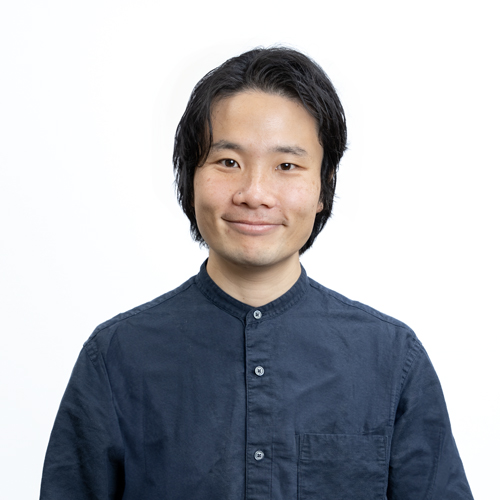Living in France long term takes more than just a dream—it requires planning, persistence, and the right steps.
This 5-year guide will help you navigate language learning, education, and employment so you can build a stable and rewarding life in France.
First things first: Is France really for you?
Moving abroad for the long term is a big decision. Start by asking yourself: Is France the right country for me? If possible, visit France first as a tourist to get a feel for the culture, lifestyle, and environment. Many nationalities can enter visa-free for up to 90 days.
Living in France day-to-day is very different from a short visit. Think about why you want to live in France and whether you can realistically see yourself settling there. Ask yourself:
- Why do I want to live in France?
- Can I adapt to the language and culture?
- What challenges might I face in daily life?
If you need more insight, check out our article on the differences between living in France and traveling there: https://stg-gogofrance-ggfstaging.kinsta.cloud/blog/living-or-travelling-to-france/
If you want to test out language lessons at the same time, consider enrolling in a short-term French course through one of our partner language schools. This allows you to experience daily life while working toward your language goals.
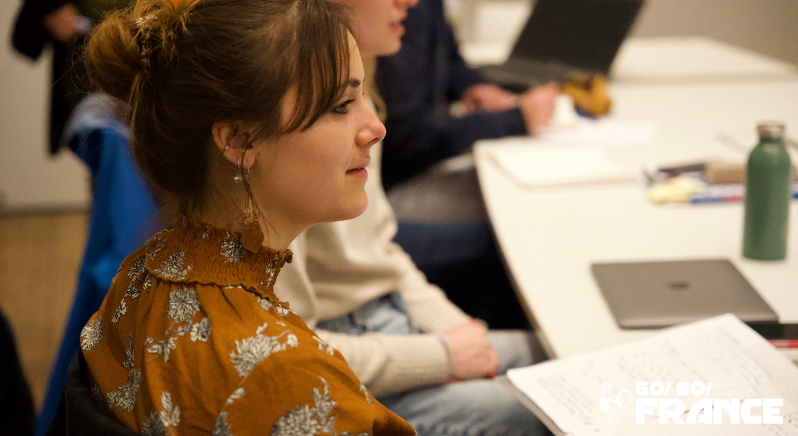
Year 1-2: Learn French
Learning French is essential for long-term life in France, especially if you want to work or study further. Most employers expect at least B2-level French (upper intermediate), and many universities require similar proficiency for admission.
Starting as a beginner, you can expect to reach B2 level in about 12 to 18 months of full-time study at a French language school.
Read our guide about how long it takes to learn French: https://stg-gogofrance-ggfstaging.kinsta.cloud/en/blog/how-long-to-learn-french/
You can obtain a long-stay student visa for language studies. This visa is valid for 1 year and can be extended if necessary. With this visa, you can travel freely within the Schengen Area, work part-time (approximately 20 hours per week), access the national health insurance for free, and even receive a housing allowance to help cover your rent.
For more details, check out our guide on the student visa: https://stg-gogofrance-ggfstaging.kinsta.cloud/en/blog/how-we-make-it-easier-to-apply-for-a-visa/
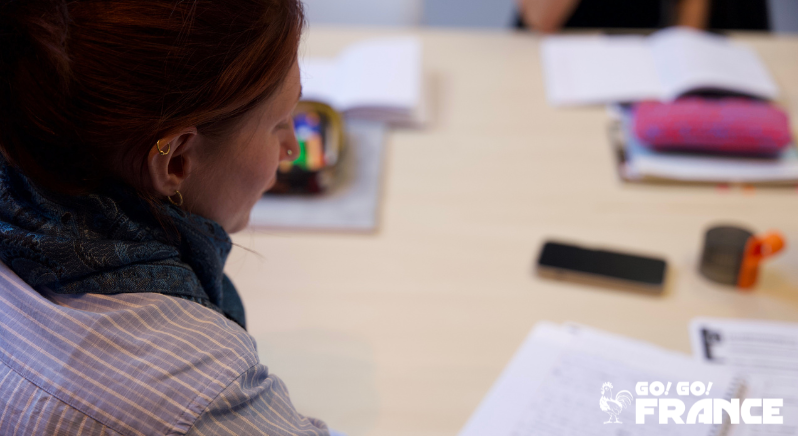
Years 3-4 or 5: Pursue higher education
For those without a degree that allows them to work in France, or those who want to study more in France, the next few years after language school will be focused on further education.
You may choose to enroll in a university or vocational school. French universities offer Bachelor’s and Master’s programs, while vocational schools offer short programs granting technical degrees. Bachelor’s degrees generally take 3 years, Master’s degrees usually last 2 years, and vocational diplomas such as the BTS (Brevet de Technicien Supérieur) typically require 2 years of study.
Admission typically requires proof of language proficiency (DELF B2 or higher).
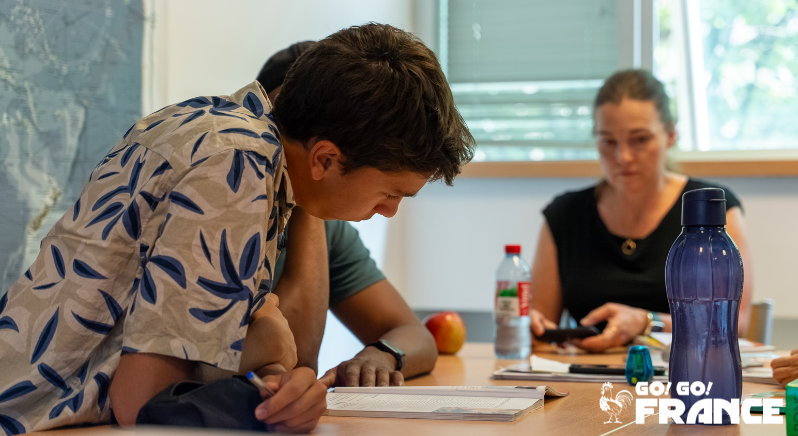
Years 3-5: Find work
If you already have a degree or relevant work experience, your next step after language studies might be to look for a job in France.
You can search on job platforms such as LinkedIn and contact France Travail (formerly known as Pôle Emploi), the French government agency that helps people find employment.
Job applications and interview processes in France may differ from those in your home country, so it’s important to familiarize yourself with local customs—such as writing a French-style CV and following proper interview etiquette.
Read our guides to learn more about what’s expected in France:
- Resume: https://stg-gogofrance-ggfstaging.kinsta.cloud/en/blog/how-to-write-a-french-resume/
- Cover letter: https://stg-gogofrance-ggfstaging.kinsta.cloud/en/blog/how-to-write-a-french-cover-letter/
- Interview: https://stg-gogofrance-ggfstaging.kinsta.cloud/en/blog/job-interview-in-french/
There are two main types of work contracts in France: fixed-term contracts (CDD) and permanent contracts (CDI). In most cases, you’ll be offered one of these with at least a three-month trial period. Once you’ve signed your contract, your employer’s HR department will typically help you apply for your work permit and change your residence status from student to worker.
The type of contract you hold will affect the kind of visa you receive. Employees on a full-time permanent contract (CDI) are usually granted a long-stay visa marked “salarié” (employee), while those on a fixed-term contract (CDD) typically receive a visa marked “travailleur temporaire” (temporary worker).

Ready to begin your journey?
Building a life in France takes time, effort, and planning—but you don’t have to do it alone. Whether you’re just starting to explore the idea or you’re ready to dive into language studies, we’re here to help guide you every step of the way.
Learning French is your first big step—and the sooner you start, the sooner your dream becomes reality.
Contact us today to find the right language school, get support with your visa, and take the first confident step toward your future in France.

